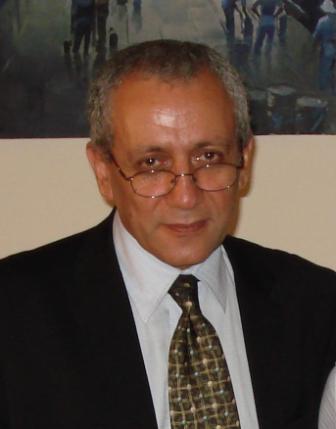
With the P5+1 nuclear negotiations with Iran due to resume on Monday (5th May), American anti-Iranian hardliners have been working hard to destroy or disrupt any rapprochement between Iran and the US. As an example, The Hill newspaper, written for the political community in Washington D.C. to reflect business and lobbying views, has been persuaded to give webspace to blogs directly promoting the notorious MEK cult. The blogs, written by Soona Samsami, a member of ‘Saddam’s Private Army’ (aka MEK) and a Briton, Lord Alton (a long time MEK advocate presumably pulled in to give the illusion that this is not an exclusively American plan), are part of a pattern of activity deliberately designed to disrupt or destroy any rapprochement between the US and Iran.
An article (below) by Anne Singleton reveals that these anti-Iranian hardliners in the USA, headed by Rep. Ileana Ros-Lehtinen, already failed in a provocative bid to bring the Mojahedin Khalq’s second-in-command Maryam Rajavi to the US to speak in Washington to coincide with the nuclear talks. Such a visit could have only one purpose; the hope that Iran would take offence and walk out of the talks.
But anyone even remotely familiar with the way in which the view of Iran’s mainstream political establishment toward the MEK has evolved over the past twenty years will understand that this is a futile hope; sure the MEK is a terrorist organisation, but one that has long passed its sell-by date as an actual threat to Iran. (Although Iranian hardliners are just as keen as their American counterparts to exploit the MEK to foment enmity and prevent progress.) The Rajavis, and indeed the MEK itself, are essentially political lightweights who are only able to attract notice through well-paid publicity stunts like that in The Hill.
Rather than causing the talks to fail, the other P5+1 countries would see clearly that America has been reduced to a publicity stunt to gain leverage. Who wins then except Iran?
This is the article by Anne Singleton of Iran Interlink:
Rajavi’s visa application challenges America’s stance on terrorism

